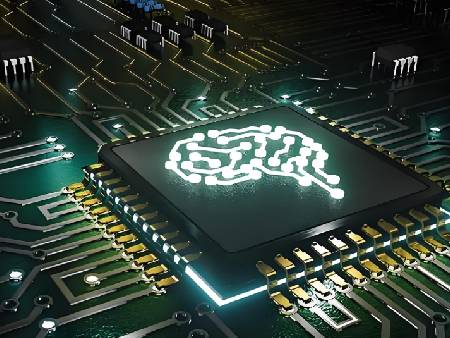Share to
MCU (Microcontroller Unit), also known as Microcontroller Unit, is an integrated circuit chip that serves as the system brain in
energy storage devices. It is responsible for coordinating the work of various components and includes various functional modules such as microprocessors, memory, timers, counters, etc. Ensure the security and efficient operation of the system. The MCU has the following main functions and functions:
1. Control and management: The MCU can accurately control the charging and discharging process of the battery, ensuring that the battery operates according to predetermined modes and parameters, prolonging battery life, and improving energy conversion efficiency. Meanwhile, MCU can also control and manage various components and components of energy storage devices, providing data support for system optimization operation.
2. Monitoring battery status: The MCU can monitor real-time parameters such as voltage, current, temperature, and state of charge of the battery. By collecting this data, MCU can evaluate the health status of batteries and adopt corresponding control strategies.
3. Implement protection strategy: To ensure the safe operation of the battery pack, The MCU will implement a series of protection strategies, such as limiting charging and discharging currents, adjusting voltage, and activating thermal protection mechanisms.
4. Data processing and analysis: The MCU collects sensor data, monitors the status, parameters, and operation of energy storage devices, and processes and analyzes them. Based on these data, MCU can make real-time control decisions, optimize system performance and security.
5. Communication interface: MCU can communicate with other devices or cloud platforms through wired or wireless communication interfaces. This enables MCU to upload system status information or receive remote control instructions, achieving remote monitoring and intelligent management.
6. Algorithm calculation and control: The MCU calculates and controls the operating mode and strategy of the energy storage system through preset algorithms, achieving functions such as charge and discharge control, energy management, and optimized scheduling.
7. Protection and safety functions: The MCU can monitor the operating status of the system, respond to abnormal situations in real time, and take protective measures to ensure the safe and reliable operation of energy storage equipment and systems.
8. Optimization and adjustment function: MCU can optimize and adjust according to system operation and requirements, improve system efficiency and performance, reduce energy loss, and achieve optimal operation.

The workflow of MCU in energy storage system is roughly as follows:
1. Reset and Start: After the power supply stabilizes, The reset circuit inside the MCU will be triggered, and then the bootloader code will be executed for hardware initialization.
2. Hardware check and initialization: The MCU will check and initialize its peripherals, such as serial interfaces, timers ADC, PWM, etc. provide necessary hardware support for subsequent control operations.
3. Application loading and execution: Start the code to locate and load the application code stored in non-volatile memory, then jump to the entry point of the application to begin execution.
4. Real time control and monitoring: During application execution, The MCU will perform real-time control and monitoring based on predetermined algorithms and parameters, including battery charging and discharging control, status monitoring, and protection strategy execution.
As the "brain" in energy storage devices, MCU has multiple functions and functions, which can achieve comprehensive control, management, optimization, and protection of energy storage systems. By implementing complex control strategies and protection mechanisms, ensure the safe and efficient operation of the battery pack. Through the intelligent control and management of MCU, the operational efficiency and stability of energy storage equipment can be improved, achieving efficient operation and performance optimization of the system. With the development of technology, The application of MCU in energy storage systems will be more extensive and in-depth.

